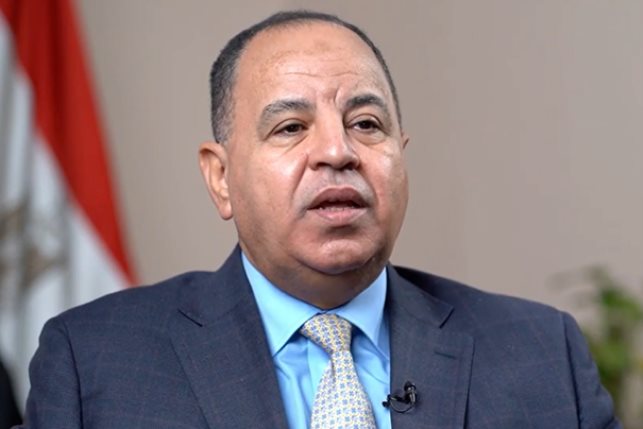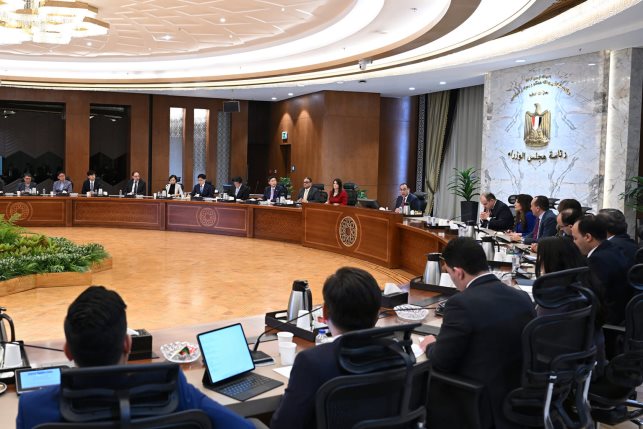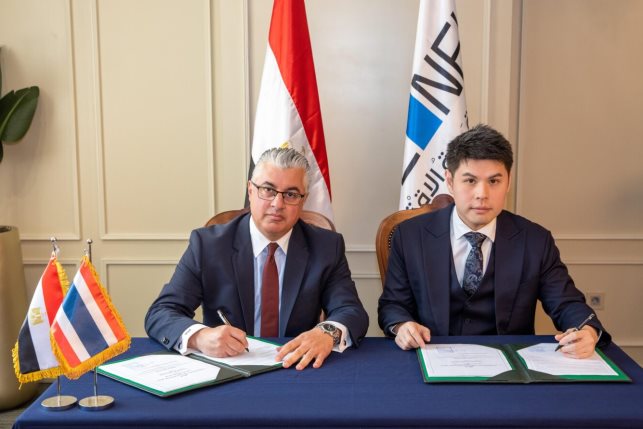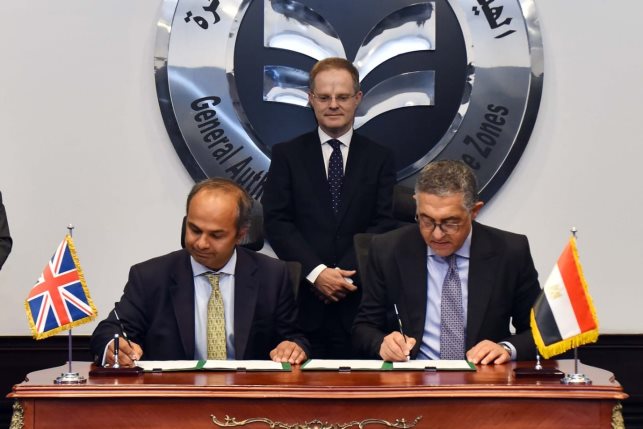The government spends $3B monthly to provide basic commodities | President El Sisi
El Sisi pointed out that one of the main reasons for the foreign currency shortage is because the government pays to provide basic services and commodities in USD while they are sold in the local market in EGP
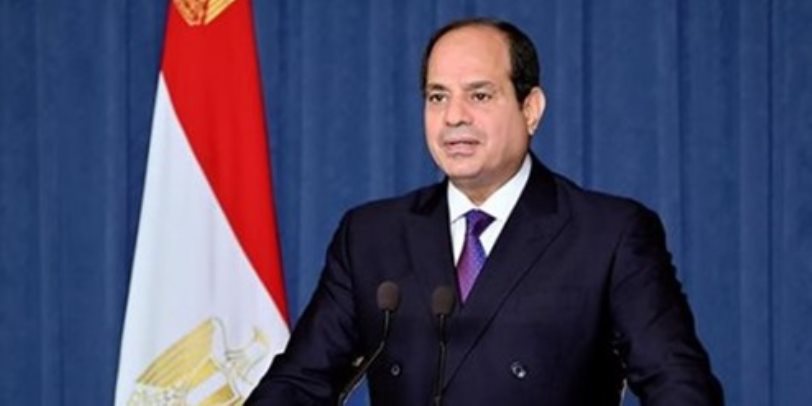
President El Sisi attends the celebration marking the 72nd anniversary of Police Day. In his speech, the Egyptian President stated that Egypt has been constantly facing a dollar shortage crisis.
El Sisi pointed out that one of the main reasons for the foreign currency shortage is because the government pays to provide basic services and commodities in USD while they are sold in the local market in EGP.
Egypt provides basic commodities worth $1 billion monthly such as wheat, corn, oil, and soybeans, noting that they are sold to citizens in EGP. The government spends $2 billion a month for fuel excluding local production and natural gas needed to generate electricity.
President Sisi also called for having a deeper and more comprehensive dialogue on Egypt's economy, he added that the national dialogue will continue, and the discussion of economic conditions through the national dialogue will take place in a deeper and more comprehensive way to work on confronting the challenges.
The president urged the cabinet to maximize its dollar resources so that they match or even surpass its spending in hard currency. He clarified that this could be done through increased exports, remittances from Egyptians abroad, in addition to revenues generated from tourism and the Suez Canal.
Earlier this year, the cabinet’s Information and Decision Support Center (IDSC) published a research document titled “Document Highlighting the Strategic Directions for the Egyptian Economy for the New Presidential Term (2024-2030).”
In this document, it was stated that Egypt has a goal to reach $300 billion increase in annual foreign currency inflows by 2030 which is close to triple the current annual numbers. The document highlighted that this can happen through boosting exports, tourism and Suez Canal revenues, remittances, FDIs, and strengthening the outsourcing sector.


